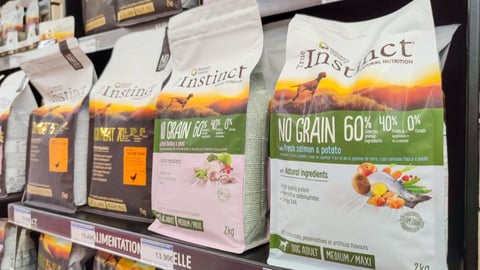How FMI Wants to Help Repair Supply Chain Relationships Now and During ‘Blue Sky’ Days
FMI - The Food Industry Association’s new partnership with SaaS provider The Seam may improve the relationship consumer goods companies have with retailers during the health crisis.
The companies have developed a digital marketplace that lets sellers showcase their products and services— whether that’s fresh meat, masks, or labor and transportation services — and better support supply chain disruptions by providing alternative categories or items based on availability.
The subscription-based platform verifies users when connecting suppliers/wholesalers with retailers, and will also include online credential display, such as PACA licensing and certifications.
“During a national disaster, the supply chain has an enviable track record of coming together to support each other for mutual aid,” Mark Baum, FMI senior vice president and chief collaboration officer, told CGT. “This pandemic tested our support mechanisms, as this crisis wasn’t regional and spared no municipality.”
See also: How The Coupon Bureau is Cutting Down on Fraud and Unlocking Mobile Couponing
And while the partnership was born out of necessity, he said, the exchange builds on the concept of bringing trading partners together — not just bolstering resiliency and capacity, but also providing ongoing opportunities for enhanced distribution and product discovery.
Its virtual, real-time environment, meanwhile, intends to encourage efficient and effective communication throughout all industry segments and adjacencies.
“Our supply chain is indeed resilient and proved itself during this national emergency,” noted Baum. “We see tremendous opportunities to build on the goodwill earned among trading partners during this crisis and establish nimble, virtual platforms.”
Beyond the pandemic, the exchange is expected to serve as a secondary procurement platform that can be modified for retail and product supplier teams to enhance their customers meetings and transactions throughout the year.
“Then, when the next natural disaster or national crisis occurs, businesses are already adept at expanding capacity and better at supplying and replenishing products at the time they are needed the most,” said Baum.






